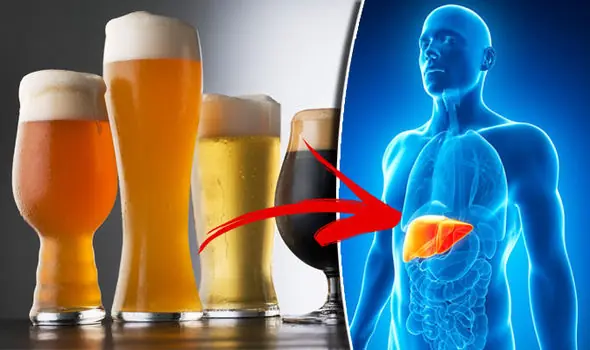
What This Oncologist Notices First in Most Cancer Patients Might Surprise You
Cancer is a complex and often unpredictable disease that affects millions of people around the world each year. While most people associate cancer with tumors, weight loss, or fatigue, one experienced oncologist has observed something quite different in many of his patients—something subtle, yet surprisingly common. According to Dr. Michael Chen, a board-certified oncologist with over two decades of clinical experience, the first thing he often notices in cancer patients is not physical at all—it’s a distinct change in their emotional or psychological state.
This observation might come as a surprise to many, but Dr. Chen emphasizes that before the obvious physical symptoms appear, many cancer patients report experiencing persistent feelings of anxiety, detachment, or even a vague sense that "something isn’t right." These emotional changes are often brushed aside or misattributed to stress or aging, but in hindsight, they sometimes signal the earliest stages of the disease./assets/images/provider/photos/2605746.jpg)
Dr. Chen explains that while cancer is a physiological condition, it can quietly impact various systems in the body, including the nervous system and hormonal balance, even before it manifests as a lump or causes pain. In fact, some types of cancers, such as pancreatic or brain tumors, can influence mood or cognitive function very early on. In his practice, he has encountered numerous patients who had been treated for depression, anxiety, or chronic fatigue—only to be diagnosed with cancer months later.
Another common pattern he observes is a change in posture and energy levels. Patients often appear unusually tired, not just physically, but emotionally exhausted. Their eyes may look dull, and they might carry themselves differently, even if they aren’t yet aware of what’s going on inside their body. “There’s a kind of heaviness that some people carry,” Dr. Chen notes. “And while it’s not a diagnostic tool, it often makes me look deeper into what might be going on.”
He is quick to clarify that not all emotional changes are signs of cancer, and that many people experience anxiety or low energy for countless other reasons. However, when these symptoms appear persistently without a clear cause—and especially when combined with subtle physical changes like unexplained weight loss, chronic pain, or irregular bleeding—they may warrant further investigation.
Perhaps most surprisingly, Dr. Chen also points out that many cancer patients are incredibly resilient and optimistic, even in the face of difficult diagnoses. This inner strength is something he notices very early during consultations. Despite their fatigue or discomfort, many patients remain hopeful, ask informed questions, and demonstrate a strong will to fight. It’s this blend of subtle emotional shifts and underlying courage that often stands out most in the early stages of patient interaction.
These insights suggest that cancer detection is not just about lab results and imaging—it can also involve keen observation and listening. Oncologists, like Dr. Chen, learn to pay attention not only to what the patient says, but how they say it, how they carry themselves, and how they describe their sense of well-being. Sometimes, the most important clues are hidden in plain sight.
In conclusion, what this oncologist notices first in many cancer patients isn’t always a symptom you can see on a scan. It’s a shift in energy, mood, or intuition—something subtle, yet deeply telling. While it’s not a replacement for traditional diagnostic tools, being attentive to emotional and psychological cues can sometimes provide early warnings. As medicine continues to evolve, combining science with human sensitivity may prove to be one of our most powerful tools in the fight against cancer.
News in the same category

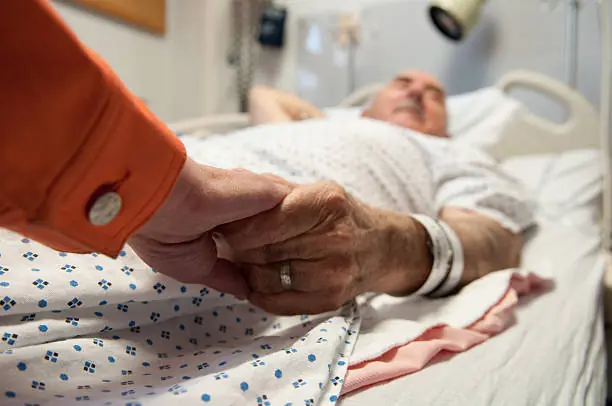
3 Signs Your Parent May Be Nearing the End of Life — How to Prepare for What’s Ahead
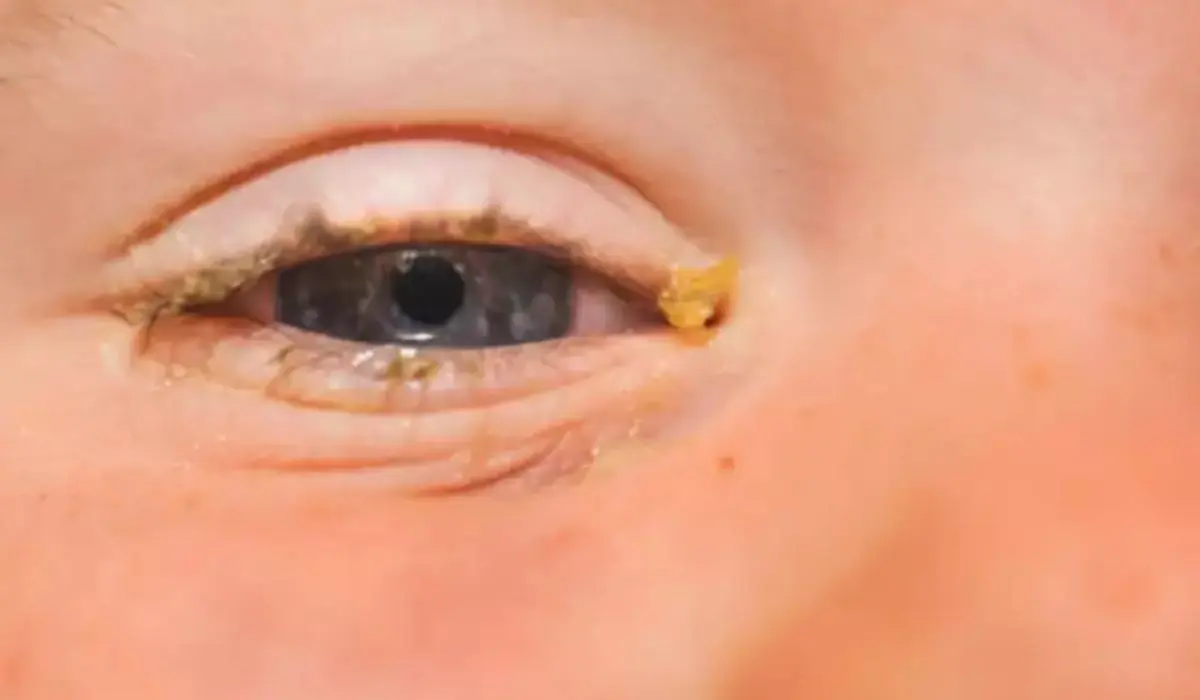
The science behind eye ‘sleep:’ What that crust really is
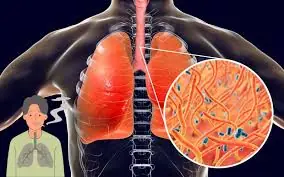
How to Naturally Clear Phlegm and Mucus from Chest and Throat
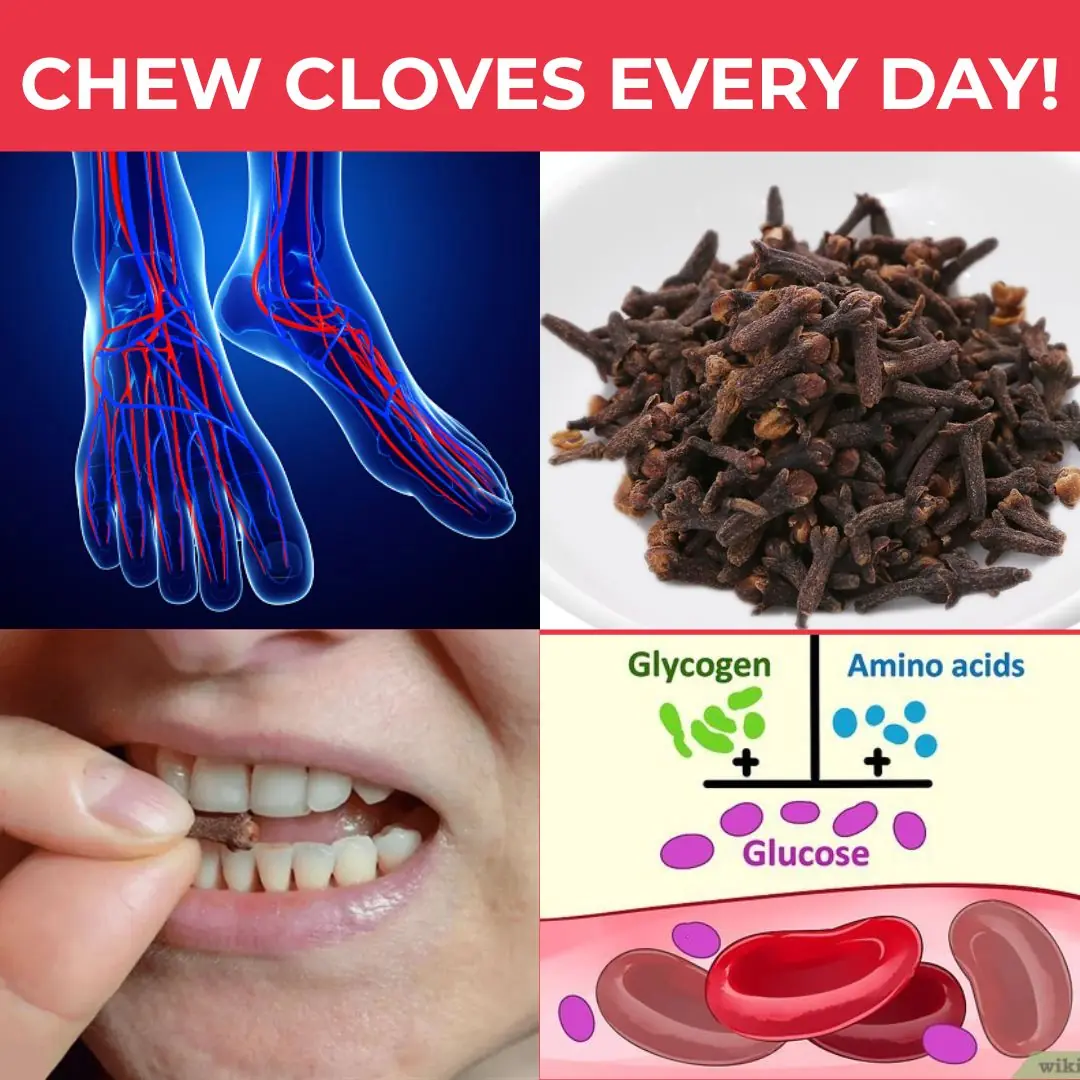
Chewing Cloves Daily: A Tiny Habit with Massive Health Benefits
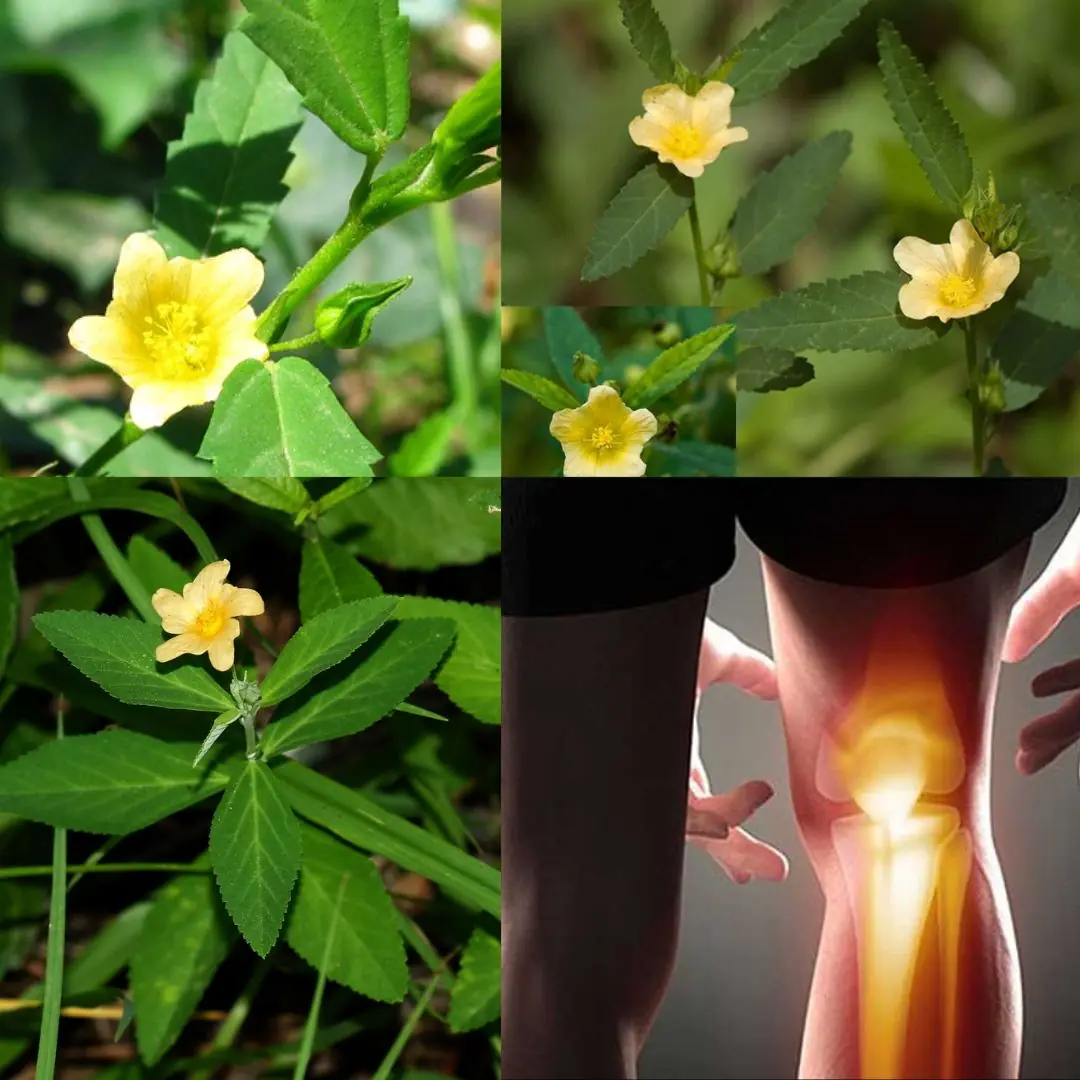
Sida Acuta: The Powerful Herb You Never Knew You Needed

Taco Macaroni and Cheese

Chocolate Chip Cookie Dough Brownie Bombs

Cowboy Butter Chicken Pasta: A Flavorful Twist on a Classic Dish!

Homemade Greek Vinaigrette – Instructions

creamy-strawberry-apple-punch

No-Bake Turtle Mini Cheesecakes
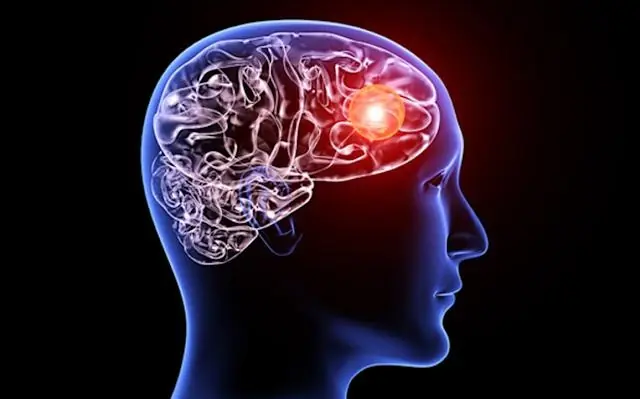
Aneurysm: Signs You Shouldn't Ignore
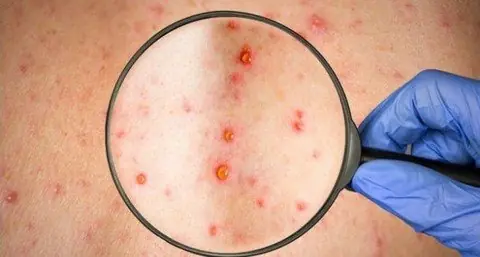
This is What Measles Does to Your Body

Medicinal Health Benefits of Garlic (Raw, Supplement) – Science Based
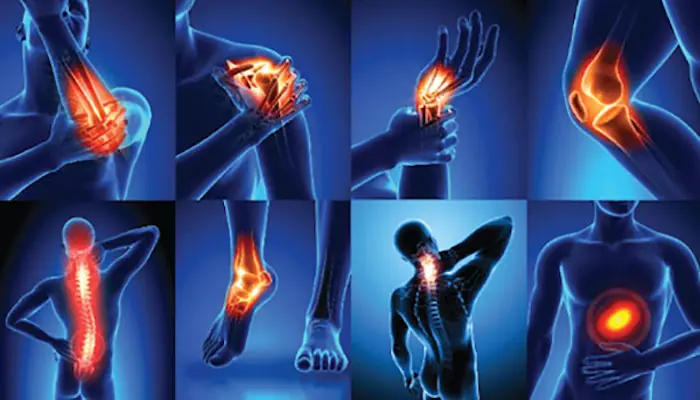
Seven Types of Pain You should Never Ignore
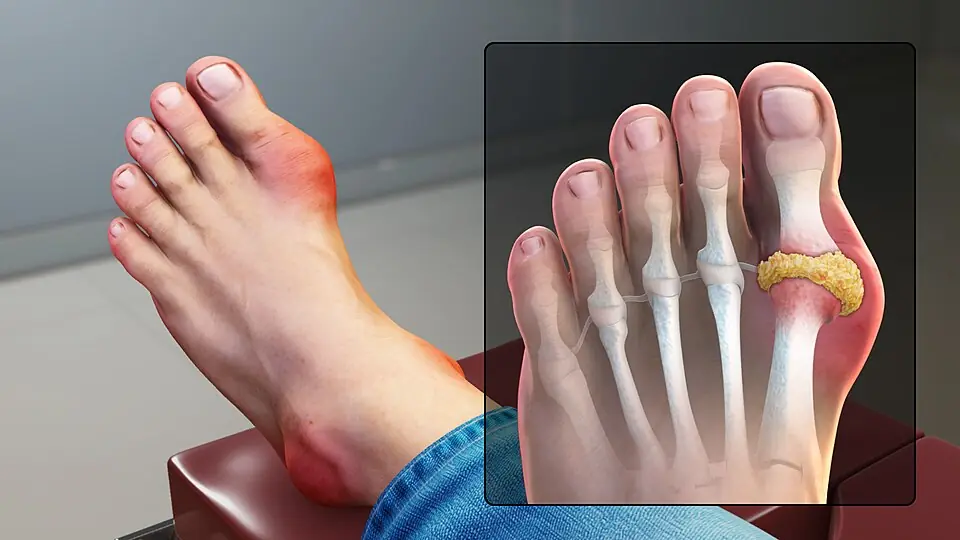
The Best Natural Gout Treatments: Remove Uric Acid Crystallization To Prevent Gout And Joint Pain
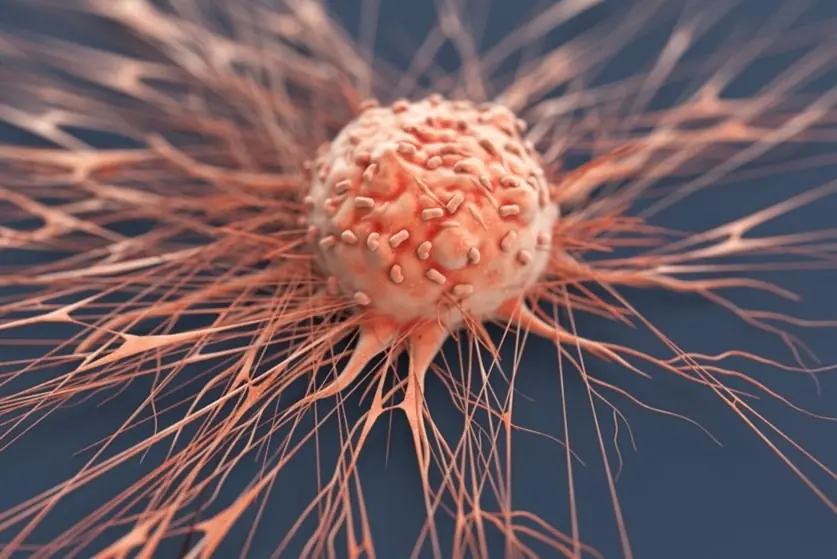
Cancer Hospital Warning: Eating This Type of Meat Daily Can Increase Cancer Risk – Don’t Be Complacent!
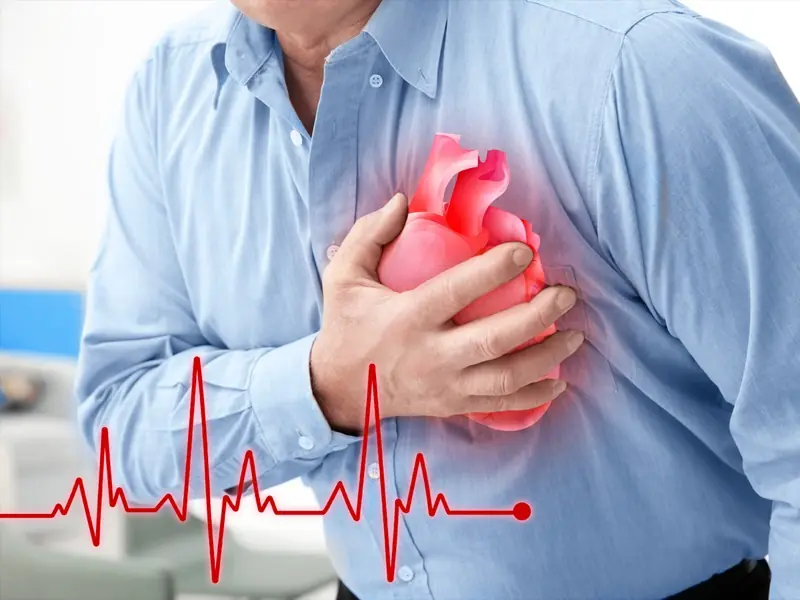
8 Diseases Parents Can Pass On to Their Children: If You're Free from Them, Congratulations on a Healthy Next Generation
News Post

I Picked Up an Old Man on a Lonely Winter Highway – Letting Him Stay the Night Changed My Life Forever
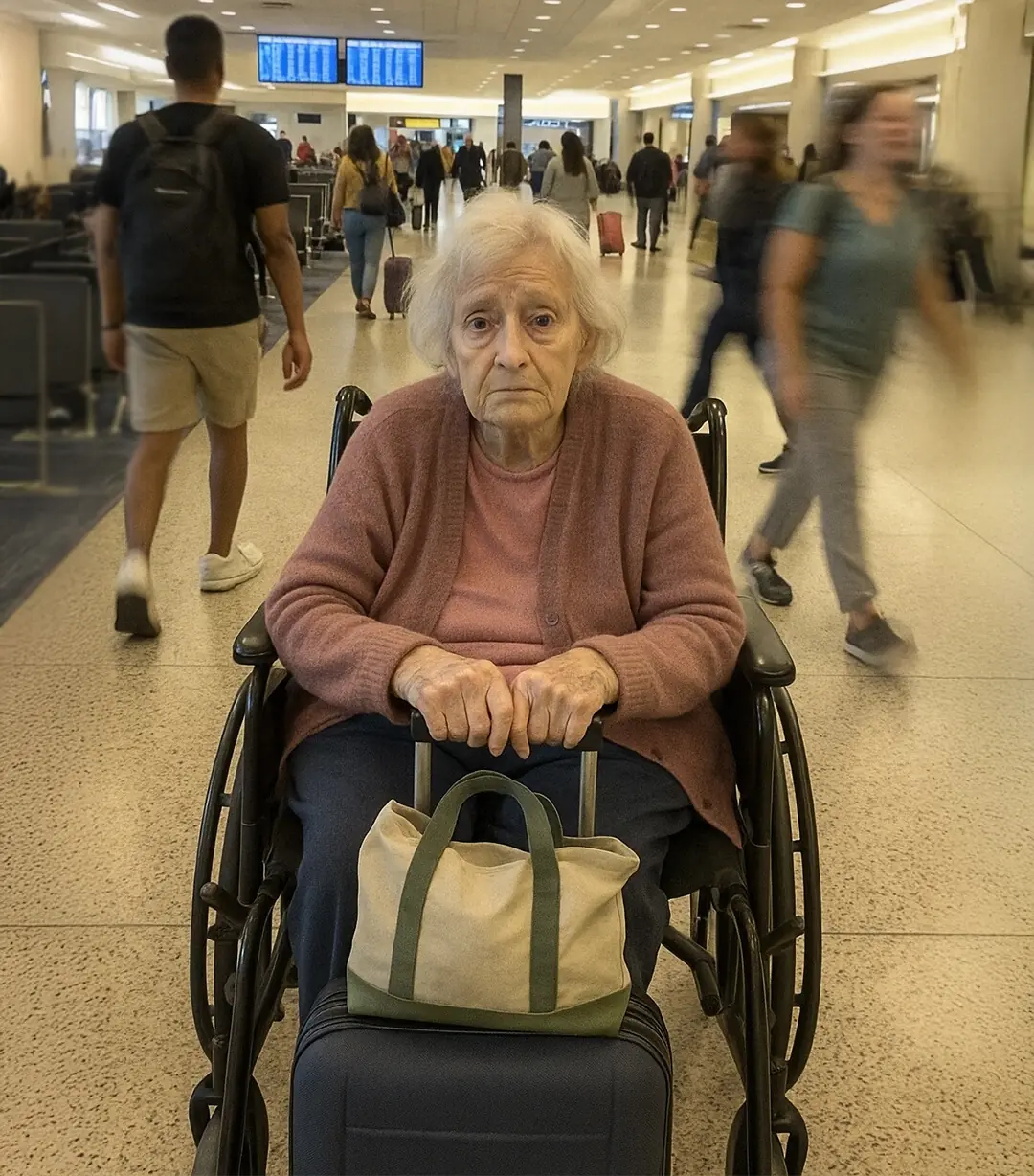
My Family Dumped Grandma at the Airport and Left for Vacation Without Her—They Didn't Expect Me to Strike Back
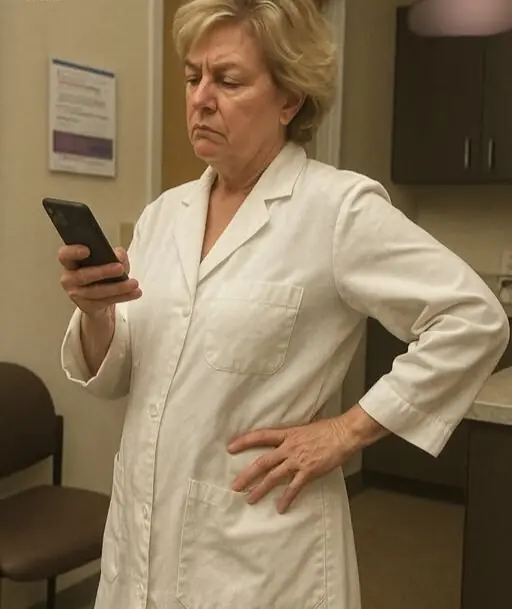
My Mom's Friend Outed My Pregnancy Without Permission—She Made a Big Mistake
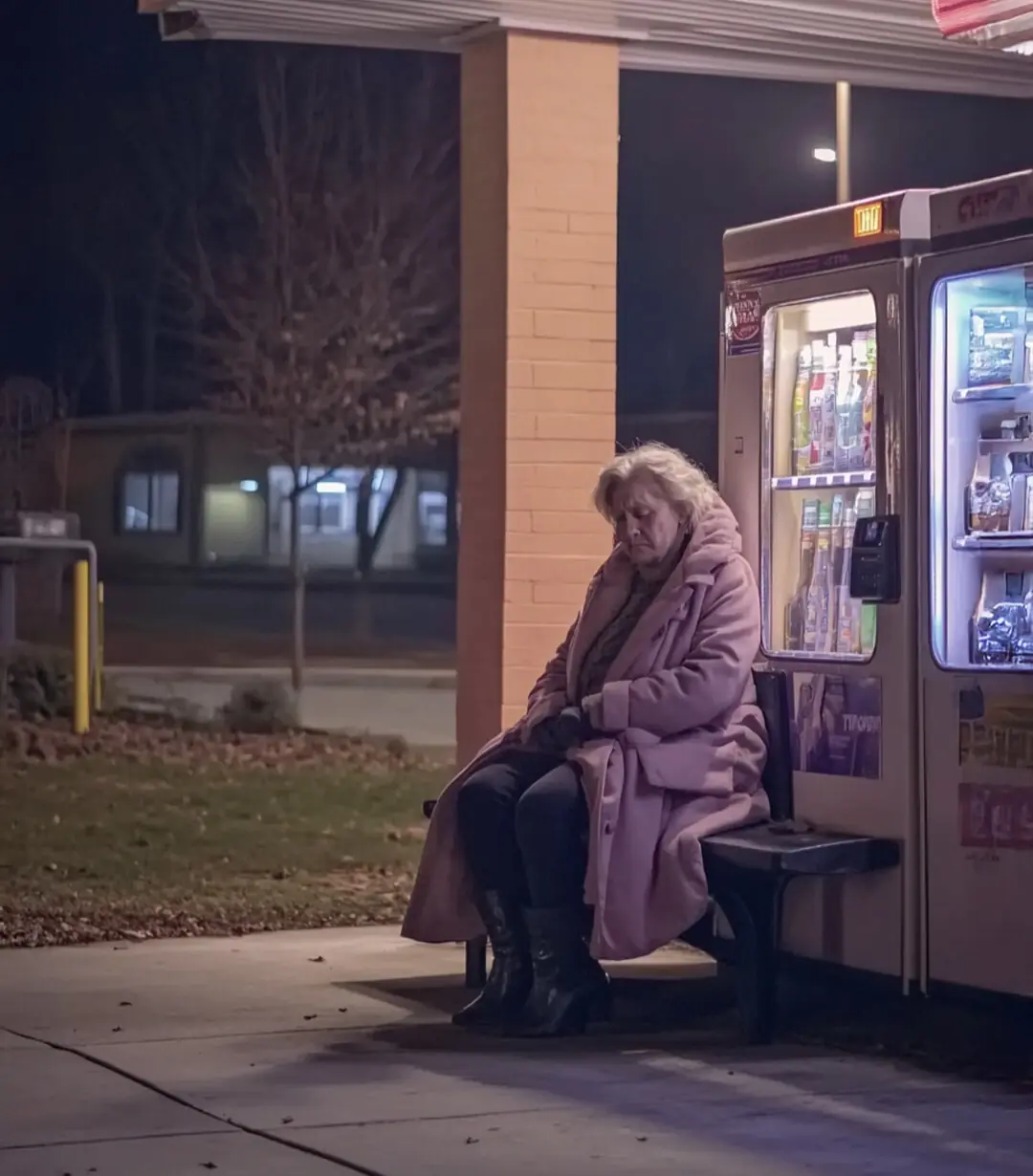
My Grandsons Left My Wife Stranded at a Gas Station to Party — My Lesson Made Them as Good as Gold
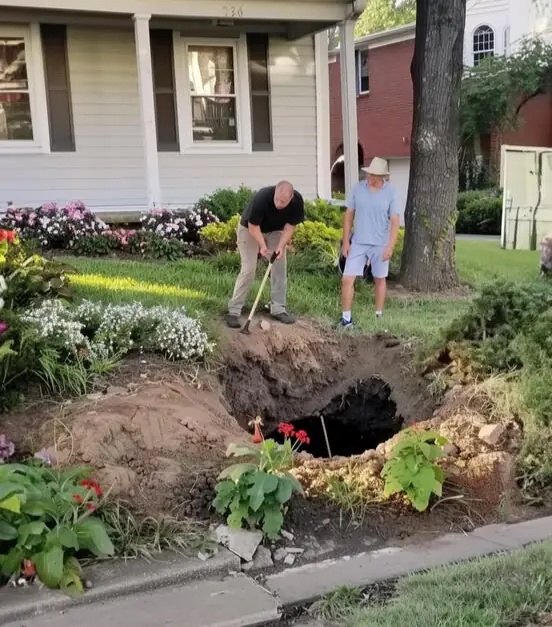
I Came Home to My Husband and His Ex Digging My Garden – What They Hid Years Ago Made Me Pale

5 Common Food and Drinks That Can Be Just as Bad for Your Liver as Alcohol

3 Signs Your Parent May Be Nearing the End of Life — How to Prepare for What’s Ahead

The science behind eye ‘sleep:’ What that crust really is

They will disappear in 1 minute! ❗️ 100-year-old recipe from my favorite grandmother!

How to Naturally Clear Phlegm and Mucus from Chest and Throat

Skillet Beef Stroganoff Tortellini in Creamy Sauce 🍝🍖🧄🌿

Chewing Cloves Daily: A Tiny Habit with Massive Health Benefits

Sida Acuta: The Powerful Herb You Never Knew You Needed

Taco Macaroni and Cheese

Chocolate Chip Cookie Dough Brownie Bombs

Cowboy Butter Chicken Pasta: A Flavorful Twist on a Classic Dish!

Homemade Greek Vinaigrette – Instructions

creamy-strawberry-apple-punch
